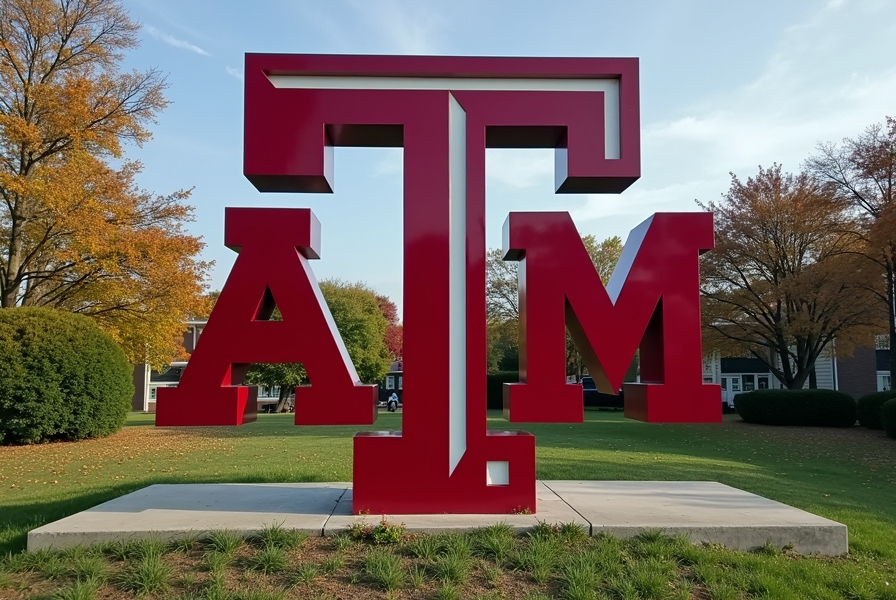Understanding a Deferred Decision in College Admissions
When you apply for college through Early Action or Early Decision, the response you're hoping for is acceptance. But there's another possible outcome: deferral. If your application is deferred, it means the college is not making a final decision yet. They’re pushing it to the regular admission pool for further review.
Being deferred can feel confusing. However, it’s not a rejection. It means the school sees potential but wants to compare your application with the rest of the applicants in the regular decision round.
What Does a Deferred College Application Mean for You?
A college deferral means your application isn’t denied or accepted during the Early Action (EA) or Early Decision (ED) round. Instead, the admissions office moves it to the regular decision pool. You’re still in the running, but you’ll have to wait longer for an official answer.
This often happens when admission officers want to see:
- Final semester grades
- How you compare with the full applicant pool
- Additional accomplishments or updated information
Deferrals are common at competitive colleges. Top schools like Harvard, Stanford, and Duke defer thousands of EA and ED applicants every year.
Why Do Colleges Defer Applicants?
Admissions teams defer applicants for several reasons. Here are the most typical ones:
- Your academic profile is strong, but they want to see senior year performance
- The college needs more information to make a fair comparison with regular applicants
- You didn’t meet institutional priorities this round, such as geographic diversity or intended major
- Your application was borderline and could go either way
Remember, a deferral reflects uncertainty, not disinterest. Schools may truly want to take a second look.
What to Do If You Get Deferred from College?
Receiving a deferral letter may sting, but you can take proactive steps to improve your chances. Here’s how to handle it:
- Read the deferral notice carefully: Schools sometimes provide instructions for deferred students.
- Submit midyear grades: Send your updated transcript as soon as possible.
- Write a letter of continued interest (LOCI): Reaffirm your enthusiasm and update them on any new achievements.
- Stay engaged academically and personally: Your senior year performance still matters.
A positive, constructive response may influence the admissions decision in your favor.
How Common Is It to Get Deferred?
At selective institutions, it’s fairly common for a sizable percentage of early applicants to be deferred. This gives colleges flexibility as they consider the entire class.
For example, some Ivy League and top-tier schools defer more than 50% of early applicants. Each year, thousands of students experience this outcome. You're not alone — and being deferred often means you're a competitive candidate.
Can You Still Get Into Your Dream School After Being Deferred?
Yes, many students eventually gain admission after being deferred. Although it's more competitive in the regular application round, a strong showing can lead to success.
To improve your chances:
- Keep your grades up
- Remain active in school and community activities
- Follow up appropriately with admissions
Demonstrated interest, responsibility, and consistency are valued traits at most colleges.
Should You Apply to Other Schools After a Deferral?
Absolutely. A deferral is not a final decision, but it’s wise to prepare for all outcomes. Continue finalizing your applications to other colleges. Strengthen each application with thoughtful essays and updated information.
Keeping your options open ensures that you're in the best position, no matter what regular decisions bring.
Is Being Deferred Better Than Being Waitlisted?
Yes. A deferral means your application is still under active consideration. In contrast, waitlisting often happens after all decisions are made, and acceptance from the waitlist depends on available spots.
Being deferred gives you more control. You still have time to strengthen your application and stay in touch with admissions.
Will Writing a Letter Help After Being Deferred?
In most cases, yes. A well-crafted Letter of Continued Interest (LOCI) can remind the admissions staff why you’re a strong fit.
Here’s what to include:
- Express your commitment to attending the school if admitted
- Update the college on new awards, achievements, or academic milestones
- Reinforce your enthusiasm for the programs or community aspects that align with your goals
Keep your tone respectful and professional. Show enthusiasm without being overly emotional.
What Are Your Chances of Getting Accepted After Being Deferred?
The acceptance rate for deferred applicants varies widely. At top-tier schools, post-deferral acceptance rates can be low, often under 10%. At less competitive institutions, the chances may be much higher.
Still, many students are accepted after a deferral. Take it as motivation to showcase your strengths. Finish your senior year strong. Let the college know you’re still interested and committed.
What Are Students Asking About College Deferrals?
Can I appeal my deferral decision?
No. A deferral is not a rejection, so schools typically won’t allow appeals. Instead, focus on improving your application with updates and additional information.
Do all colleges defer early applicants?
Not all. Some colleges choose to admit or deny all early applicants. However, most selective schools use deferrals to keep options open.
How long do I wait for a final decision?
You’ll typically receive an update during the regular decision timeframe, usually in March or April. Continue checking your college portal and email for updates.
Could I still be waitlisted after a deferral?
Yes. If you're not admitted during the regular round, the college may place you on a waitlist. This means you're still in consideration based on final enrollment numbers.
Should I call or email my admissions officer?
Only if you have meaningful updates or questions not addressed on the college’s website. Otherwise, a Letter of Continued Interest is preferred and more appropriate.
Final Thoughts: What Being Deferred Means in the Bigger Picture
Being deferred from a college you love is not the outcome you hoped for, but it’s far from the end. It means admissions officers saw promise. They want more time and information to make the right decision.
Use this opportunity to grow. Focus on your coursework, stay involved in your commitments, and thoughtfully update the college. Many students who are deferred go on to be admitted.
Process your emotions, make a plan, and move forward with purpose. Every step you take can bring you closer to the right college for you.











.svg)



